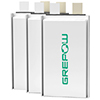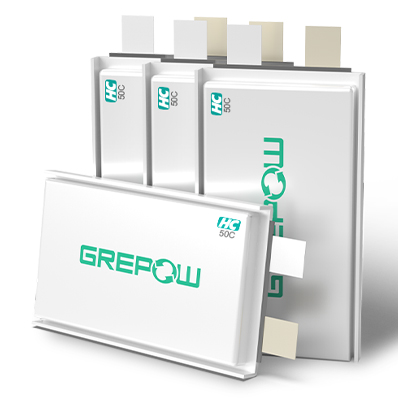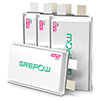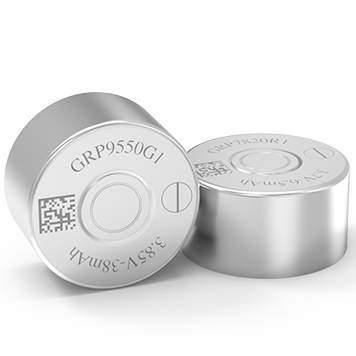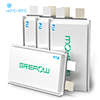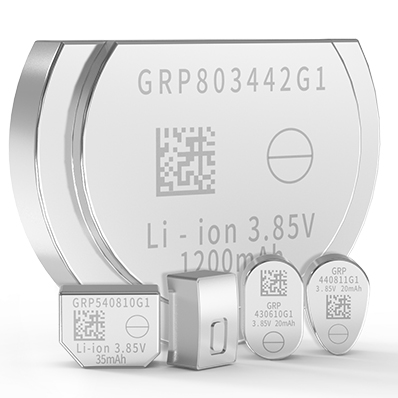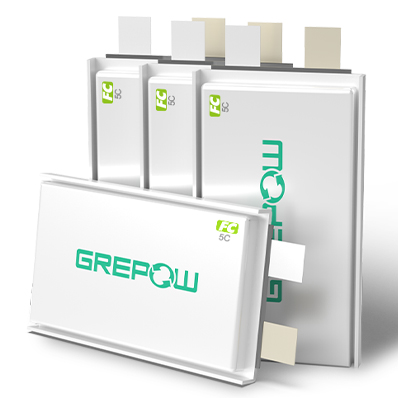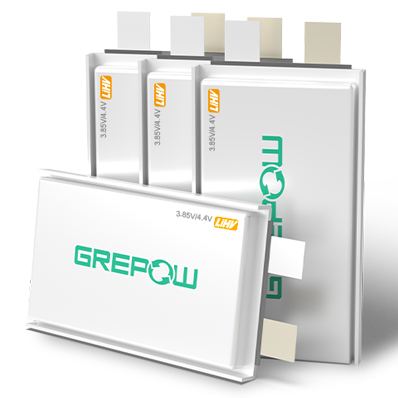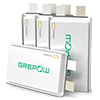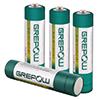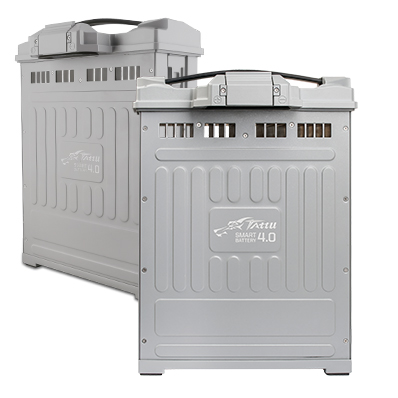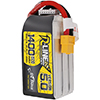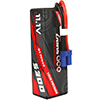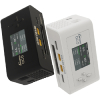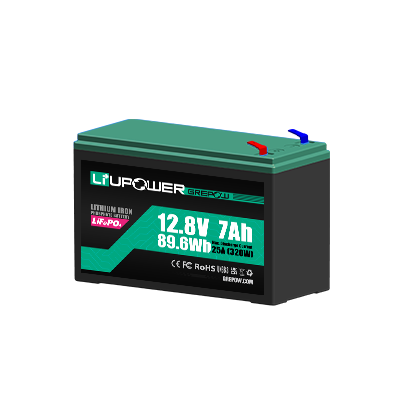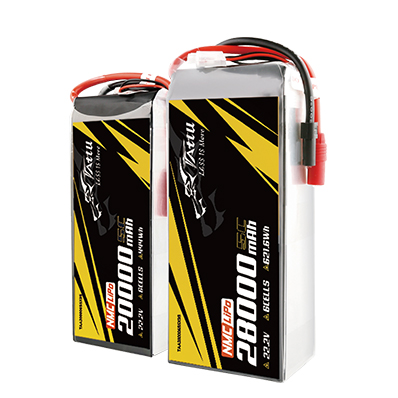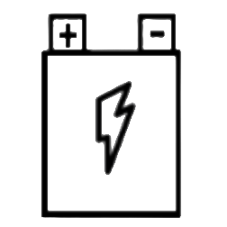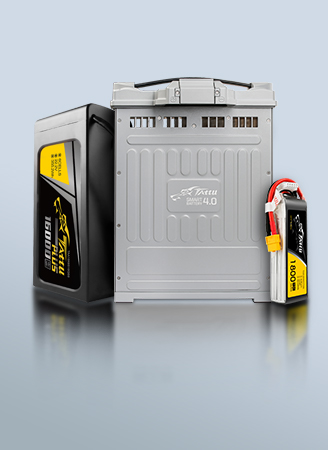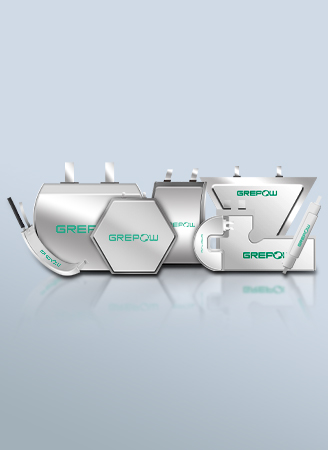What Is The C Rating On A Lipo Battery?
Lithium Polymer (LiPo) batteries have become the preferred power source for a wide range of electronic devices, including remote-controlled vehicles, drones, and various portable gadgets. Among the various specifications associated with LiPo batteries, the C rating stands out as a crucial factor that directly influences their performance. In this article, we will delve into the meaning of the C rating, explore how to calculate it, and discuss the significance of high C rate LiPo batteries and their applications.
What is the C Rating on a LiPo Battery?
The C rating, or discharge rate, of a LiPo battery is a measure of its capability to deliver current. It is expressed as a multiple of the battery's capacity, which is denoted by the letter 'C.' In simple terms, it defines how quickly the battery can release its stored energy. The C Rate charge or discharge time changes in relation to the rating. 1C is equal to 60 minutes, 0.5C to 120 minutes and a 2C rating is equal to 30 minutes. This specification plays a significant role in determining the battery's performance and suitability for various applications. Understanding the C rating is essential for selecting the right battery for specific applications and ensuring optimal performance. Here is a table summarizing the different C-rates and their corresponding discharge times:
| C-RATE | DISCHARGE TIME |
| 1C | 1 hour |
| 2C | 30 mins |
| 5C | 12 mins |
| 10C | 6 mins |
| 20C | 3 mins |
| 30C | 2 mins |
| 0.5C | 2 hours |
| 0.2C | 5 hours |
| 0.1C | 10 hours |
How to Calculate the C Rating of a LiPo Battery?
To understand and calculate the C Rating, it's essential to grasp the concept of the battery's capacity. The capacity is usually measured in milliampere-hours (mAh) or ampere-hours (Ah) and represents the amount of charge the battery can store. For example, a 2200mAh battery can theoretically deliver a current of 2200 milliamps (or 2.2 amps) for one hour.
The C Rating is then calculated by taking the discharge current (the amount of current drawn from the battery) and dividing it by the battery's capacity. The formula for calculating the C Rating is:
C Rating = Discharge Current / Capacity
Here, the Discharge Current is the rate at which the battery is being drained during use. The result of this calculation gives you the C Rating, which is a multiplier indicating how many times the battery's capacity it can discharge in one hour.
For example, if you have a 2200mAh LiPo battery and you are discharging it at a rate of 20 amps, the C Rating would be calculated as follows:
C Rating = 20A / 2.2Ah = 9.09C
In this case, the battery has a C Rating of approximately 9.09C.
A higher C Rating indicates that the battery can discharge at a faster rate, making it suitable for applications that demand quick bursts of power or high-performance scenarios.
What's a High C Rate LiPo Battery?
A high C rate LiPo battery is one that is designed to handle a significantly higher discharge current compared to standard batteries.In practical terms, a high C rate LiPo battery is capable of delivering more power in a shorter amount of time, making it suitable for applications that demand quick bursts of energy or high-performance requirements. High C rate batteries are often favored by enthusiasts in the radio-controlled (RC) hobby community and drone pilots who require quick acceleration, sharp maneuvers, and high-speed performance.
Applications of High C Rate LiPo Batteries
There is a growing number of applications and devices available that demand a high C Rate discharge battery. These encompass both industrial and consumer sectors, including RC models, drones, robotics, and vehicle jump starters. In all these scenarios, there is a requirement for a rapid and powerful energy release within a short timeframe. Many jump starters may necessitate a discharge rate of up to 35C, and in the RC industry, batteries with discharge rates as high as 50C are utilized. Some batteries in the market claim even higher C Rates based on maximum pulse discharge rates, which mandate the battery to achieve complete discharge within a few seconds. However, it's important to note that most applications do not necessitate such elevated C Rates. If you require assistance in identifying the appropriate battery for your application, please feel free to reach out to one of the Grepow application engineers.
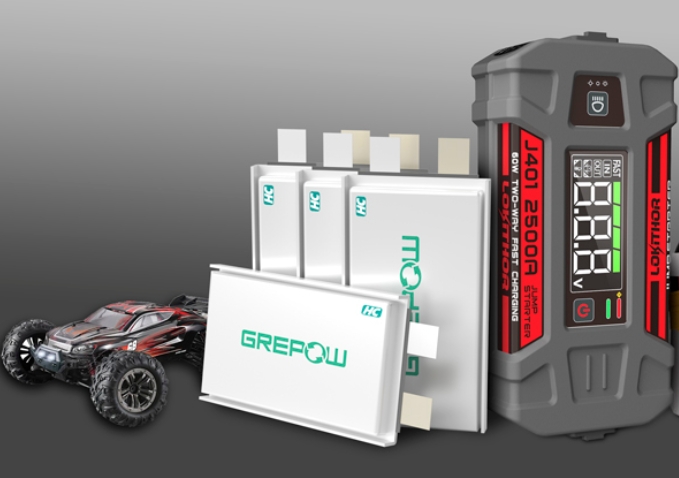
Conclusion
In summary, the C rating on a LiPo battery is a critical specification that influences its performance in various applications. Understanding how to calculate the C rating and recognizing the significance of high C rate LiPo batteries enables users to make informed choices based on their specific power requirements. Whether you're a drone enthusiast, an RC vehicle racer, or someone in need of high-performance portable power, the C rating is a key factor in achieving optimal results. As a global leader in LiFePO4 battery cell manufacturing, Grepow offers professional customization solutions for high C rate LiPo battery and Battery Management Systems (BMS), catering to your specific application requirements. If you have any questions or needs, please feel free to contact us at info@grepow.com.
Related Articles:
How to Discharge a LiPo Battery?
How to Fully Charge High Voltage Lipos?
What is a High Capacity LiPo Battery?
LiFePO4 vs. LiPo: What’s the Difference?
Related Articles
-
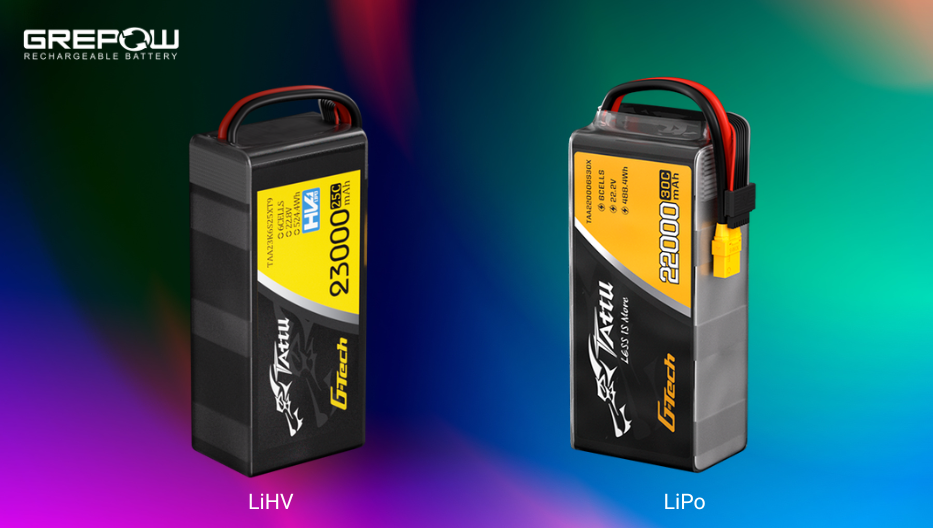
LiPo battery vs LiHV battery: what’s the difference?
2025-07-16 -

Building an FPV Drone: A Deep Dive into the Technology
2025-06-30 -
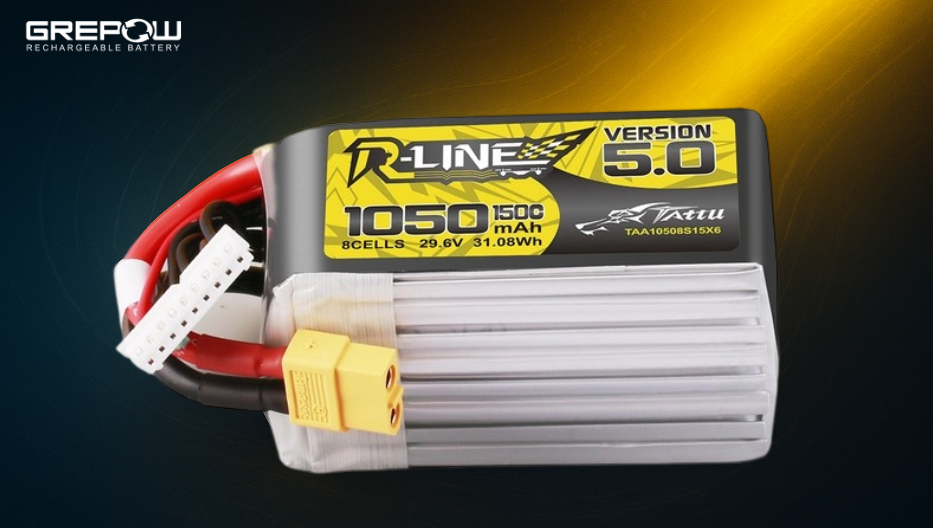
What is an 8S LiPo Battery?
2025-06-20
Related products
-
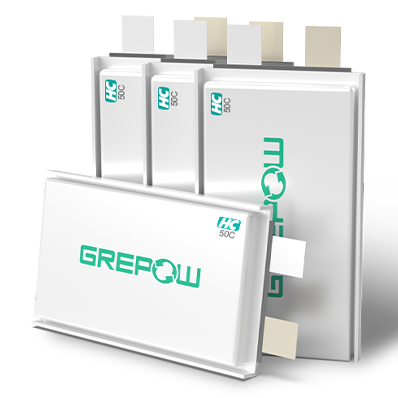
50C High Discharge Battery - High C Rate LiPo
-
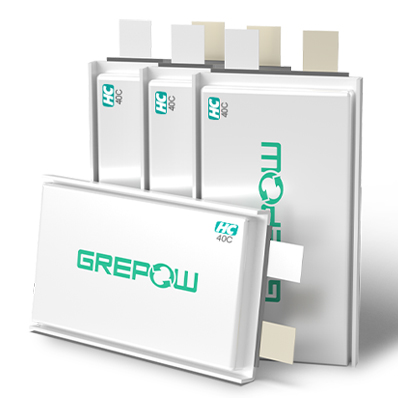
40C High Discharge Battery - High C Rate LiPo
-
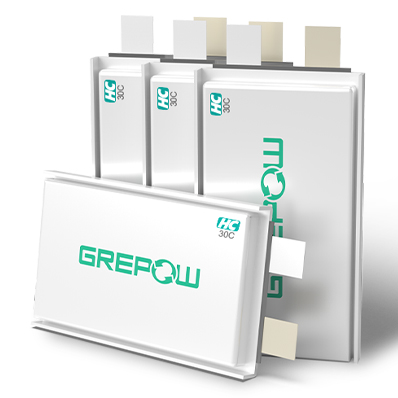
30C High Discharge Battery - High C Rate LiPo

